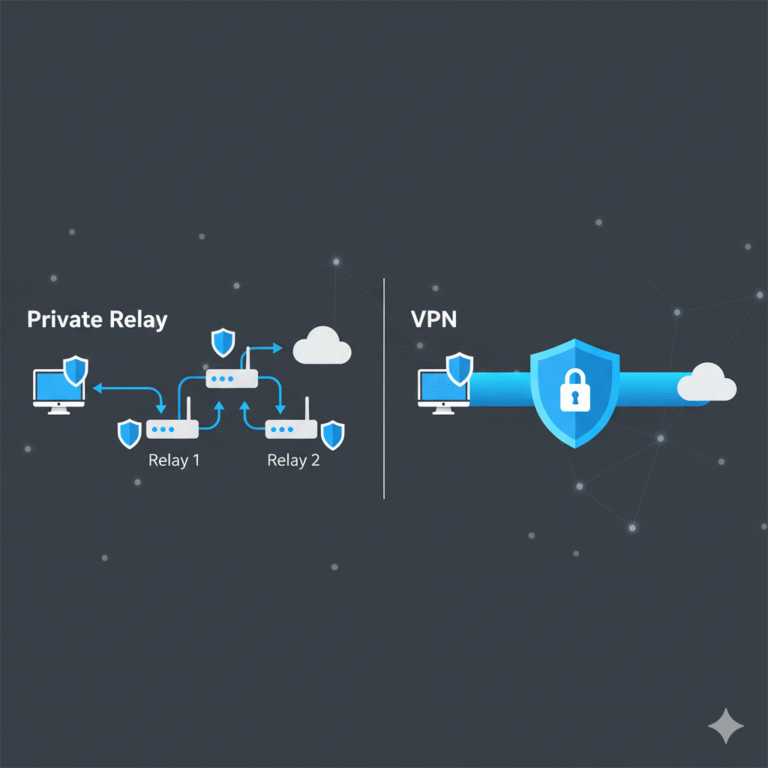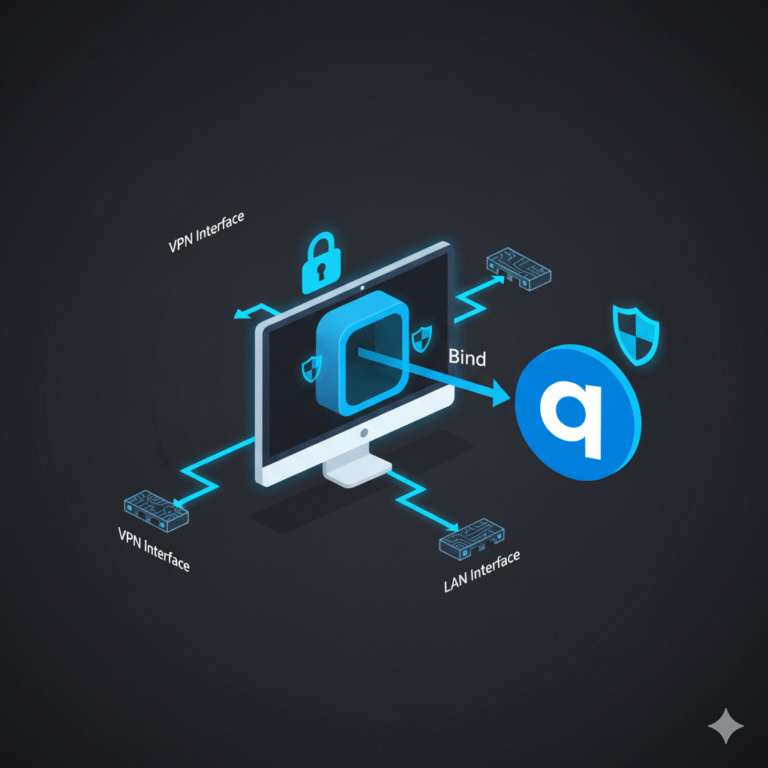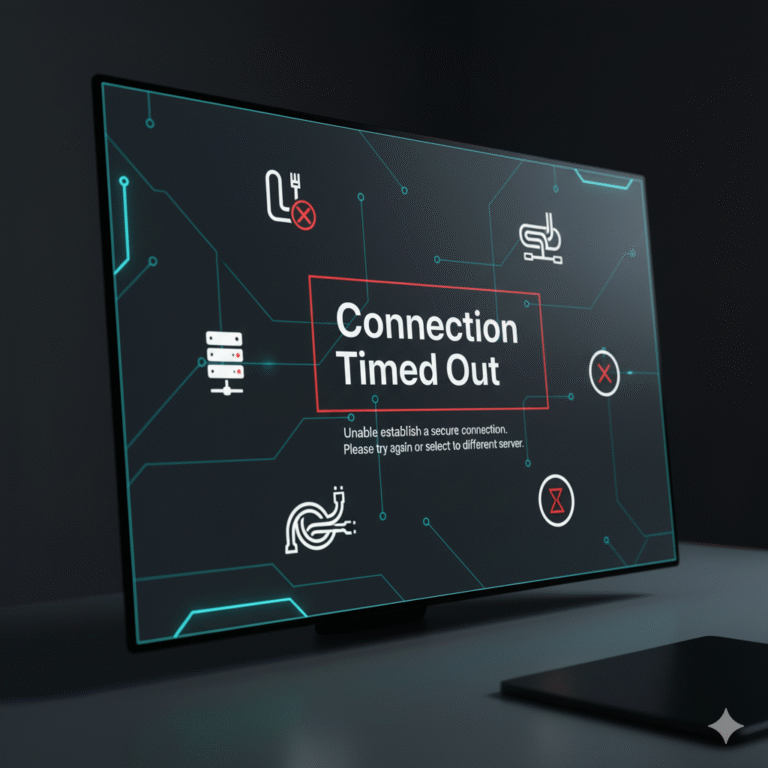Can a VPN Bypass Parental Controls?
Yes, a VPN can bypass parental controls, depending on how those controls are implemented. VPNs encrypt internet traffic and route it through remote servers, hiding online activity from local filters like DNS-based blocking or browser-level restrictions.
However, VPN effectiveness varies depending on the type of parental control:
- Router-level controls: VPNs often bypass these by masking DNS queries and IPs.
- Device-level apps: May detect VPN usage and block it or limit access.
- Third-party software: Advanced tools like Covenant Eyes may detect VPN tunneling.
This raises concerns for parents and interest from teens trying to access restricted content. So let’s break down how and why this works—and how to stay in control.
How Do VPNs Bypass Parental Controls?
To understand how VPNs bypass filters, we need to understand what a VPN does. A VPN (Virtual Private Network) encrypts your internet traffic and routes it through a secure server, which hides the original IP address and blocks visibility into the websites you visit.
Here’s how this impacts different types of parental control systems:
1. DNS-Based Blocking
Most home routers use DNS filtering to block adult sites or certain categories.
- VPNs override local DNS settings with their own.
- This bypasses the filter by resolving domain names elsewhere.
Relevant read: What is a VPN Concentrator: Secure Multi‑Tunnel VPN Device
2. Browser Extensions or Local Software
Some parental control tools install directly on the device.
- These may detect and block VPN processes.
- Advanced solutions like Covenant Eyes can flag VPN usage as suspicious behavior.
3. Network-Level Firewalls
Schools or ISPs may use advanced network monitoring.
- VPNs may still bypass these unless VPN ports/protocols are blocked.
- SSL inspection can also detect encrypted traffic patterns.
Which Types of Parental Controls Are Most Vulnerable to VPNs?
Parental controls fall into four major categories, with varying resistance to VPNs:
| Control Type | Bypassed by VPN? | Notes |
|---|---|---|
| DNS-level Filtering | ✅ Yes | Easily bypassed via encrypted |
| Router Setting | ✅ Often | Unless VPN is blocked at the router |
| Software Monitoring | 🚫 Not Always | May detect or block VPN usage |
| Firewall Filtering | 🚫 Partially | Advanced DPI can sometimes flag VPNs |
Some services like Net Nanny or Norton Family include VPN-detection modules.
Can Parents Block VPNs to Enforce Controls?
Yes, with the right configuration, parents can block or limit VPN usage. Here are some actionable methods:
Block VPN Ports
Most VPNs use ports like:
- OpenVPN: 1194
- IKEv2: 500
- L2TP: 1701
These can be blocked on home routers or firewalls.
Use DNS Filtering Services
Tools like OpenDNS or CleanBrowsing can detect VPN domain names and block them.
Use Router-Based Filtering
Use parental control routers that offer advanced filters, such as:
- Circle with Disney
- Gryphon Guardian
Enforce Safe Device Usage
Set admin privileges so kids can’t install unauthorized VPN apps.
Relevant tip: How to Turn Off VPN Mac in Seconds
Are There Any VPNs That Parental Controls Can’t Detect?
Some VPNs use advanced stealth modes to evade detection:
- Obfuscated Servers – Hide VPN traffic as regular HTTPS
- Shadowsocks / SOCKS5 Proxies – Used in censorship-heavy countries
- Split Tunneling – Routes only certain traffic through the VPN
However, there’s no such thing as a completely undetectable VPN. For parents concerned about circumvention:
- Enable device-level restrictions.
- Regularly check for VPN apps.
- Use monitoring tools like Bark or Qustodio.
Also, understand tools like DNSCrypt. See: Is DNSCrypt an Alternative to VPN? Explained Simply
Why Would Someone Want to Use a VPN to Bypass Controls?
There are legitimate and concerning reasons people might use VPNs to evade parental restrictions:
Common motivations include:
- Accessing blocked content (YouTube, Reddit, TikTok)
- Bypassing time-based limits
- Unblocking gaming or streaming
For example, see: Does Using a VPN Help with Ping?
In some cases, adults in restricted environments (like schools or shared Wi-Fi) may also seek workarounds. Learn more: How to Unblock Instagram on School Computer Without VPN
How Can You Tell If Someone Is Using a VPN?
If you suspect VPN use, here are signs and detection methods:
- Frequent IP address changes
- Encrypted traffic patterns on Wi-Fi logs
- VPN apps installed on the device
- Access to blocked services like Discord or Netflix despite filters
Router logs can also help spot VPN traffic. Some network tools flag domains tied to VPN providers (e.g., nordvpn.com, expressvpn.com).
Deep Packet Inspection (DPI) may be needed in advanced cases, though it’s complex for home users.
How to Educate Kids Instead of Just Blocking VPNs
Instead of relying solely on technical blocks, education is key. Explain to children:
- Why parental controls exist
- Online safety risks (malware, scams)
- Importance of trust and communication
Use digital well-being apps to monitor usage and encourage responsibility. Consider tools that alert instead of block to build awareness.
Explore: AirVPN vs NordVPN: Which Offers Better Security & Speed?
Final Thoughts: Can a VPN Bypass Parental Controls?
Yes, can a VPN bypass parental controls is a valid concern—VPNs can often evade basic filters, especially DNS or router-based controls. But they are not invincible. With smart configuration, monitoring tools, and open dialogue, you can reduce the risk of circumvention and promote safe digital habits.
For deeper protection, learn Why Does Weave Not Work When VPN Is On or explore reviews like the NordVPN 2025 review.
🔗 External Sources Referenced:
- TechRadar – Best parental control apps in 2025
- Wikipedia – Virtual Private Network



